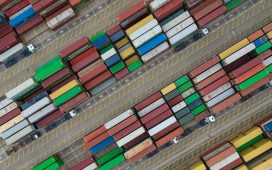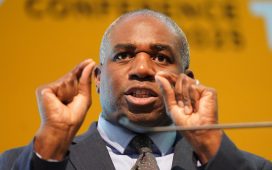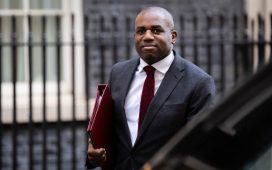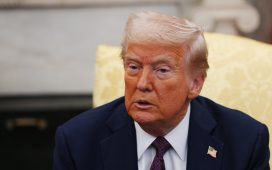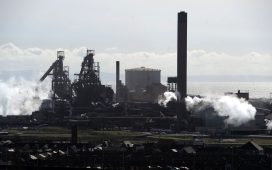Britain will almost certainly be hit by Donald Trump‘s trade tariffs Downing Street has said as hopes of concluding a deal before Wednesday’s deadline dwindle.
Sir Keir Starmer had been hoping to secure an exemption for British businesses but despite “intense negotiations” with Washington DC No 10 has confirmed no agreement will be in place before 2 April when the US president has vowed to impose levies on a wide range of goods.
It comes as a major blow to Sir Keir after careful diplomatic efforts to woo Mr Trump, including an invitation to a second state visit. And the admission came despite a warm telephone conversation between the president and prime minister on Sunday night.
Meanwhile, two major business groups have warned that more than 60 per cent of their members will be hit directly by the US tariffs with others facing indirect effects from the impact on supply chains.
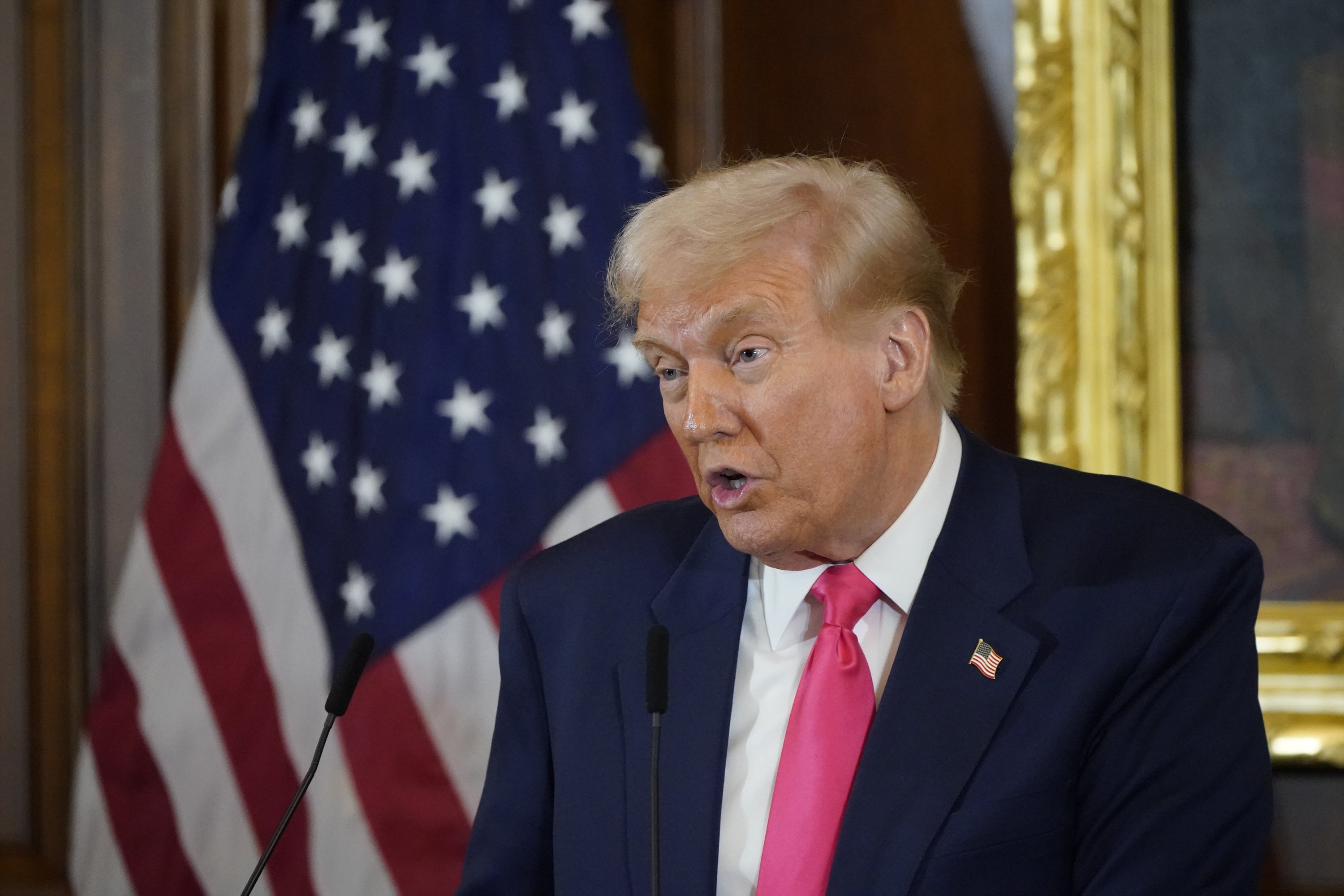
International markets tumbled around the world on Monday as President Trump confirmed that tariffs will hit “all countries” on Wednesday, in what he had dubbed “liberation day”.
Mr Trump has confirmed tariffs on steel, automobiles and aluminium products. He imposed a 25 per cent import tax on all cars imported to the US, a measure which will be a blow to the UK’s automotive industry. Some 16.9 per cent of UK car exports were to the US last year, representing a total of more than 101,000 units worth £7.6bn.
But the announcement on Wednesday is expected to include more measures and could include a general 20 per cent tax on UK products in response to the rate of VAT, which Mr Trump deems to be discriminatory against the US.
The prime minister’s spokesperson said: “When it comes to tariffs the prime minister has been clear he will always act in the national interest and we’ve been actively preparing for all eventualities ahead of the expected announcements from President Trump this week, which we would expect the UK to be impacted by alongside other countries.
And in a sign of the damage done by tariffs, the British Chambers of Commerce (BCC) has estimated that almost two-thirds (63 per cent) of businesses it represents will be hit by the new tariff war.
Meanwhile, the Federation of Small Businesses (FSB) said that 60 per cent of its members export to the US.
William Bain, head of trade policy at the BCC, pointed that the Office for Budget Responsibility (OBR) last week warned that a trade war with the US will wipe out all the headroom chancellor Rachel Reeves had given herself in the spring statement, leaving the government vulnerable to major events.
Mr Bain said: “Tariffs mean prices and costs will inevitably go up and this is a lose-lose scenario for consumers, businesses, and economic growth. But the imposition of more tariffs by the US does not mean we have reached the end of the road in terms of negotiations. Tariffs can be lifted at any time.”
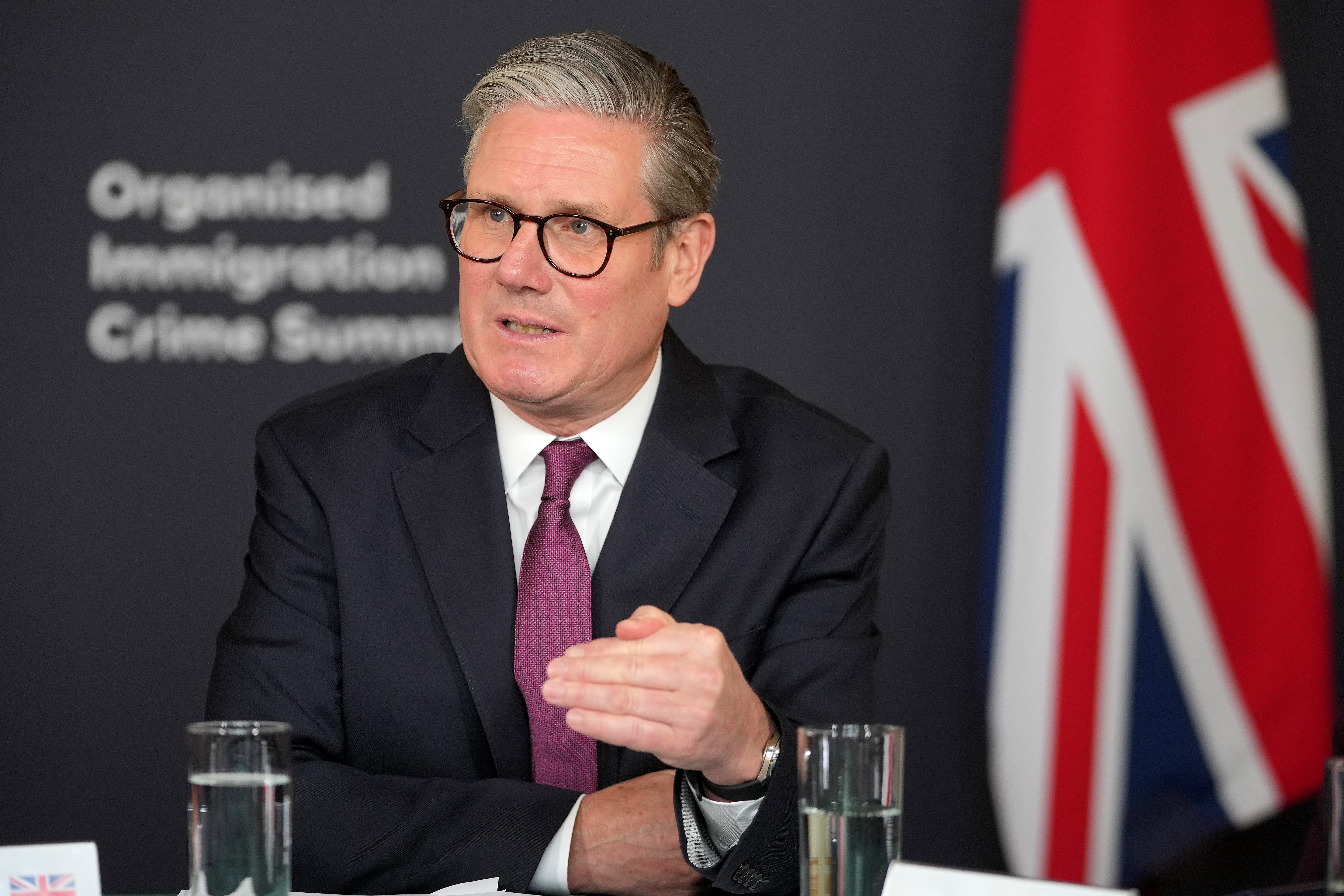
Tina McKenzie, policy chair of the FSB, said: “There is no skirting around the fact that tariffs are going to be a huge headache for small firms.
“Extra costs are the last thing businesses need, especially at a time where nine in 10 small and medium sized businesses (SMEs) believe exporting is important to the overall economy. With 59 per cent of small exporters currently exporting to the US, any disruptions to trade could have a huge ripple effect.”
Meanwhile, the BCC and others are urging the UK government to push ahead with its talks on a trade deal with the US to reverse the tariffs.
But there were warnings from other business groups should Sir Keir follow the EU in unleashing retaliatory measures.
John Longworth, chair of the Independent Business Network (IBN), warned that UK tariffs on the US would be “an act of self-harm”.
He said: “Tariffs are primarily self-harm unless they attack strategic industries. Our goods trade with the US is broadly in balance. We should seek trade arrangements asap and ignore the naysayers. It will cut inflation, help consumers and UK business.
“We should avoid the EU tariff war and stop protecting expensive EU producers. If we get involved in a tariff war it will cut economic growth even further and add to inflation equals stagflation.”
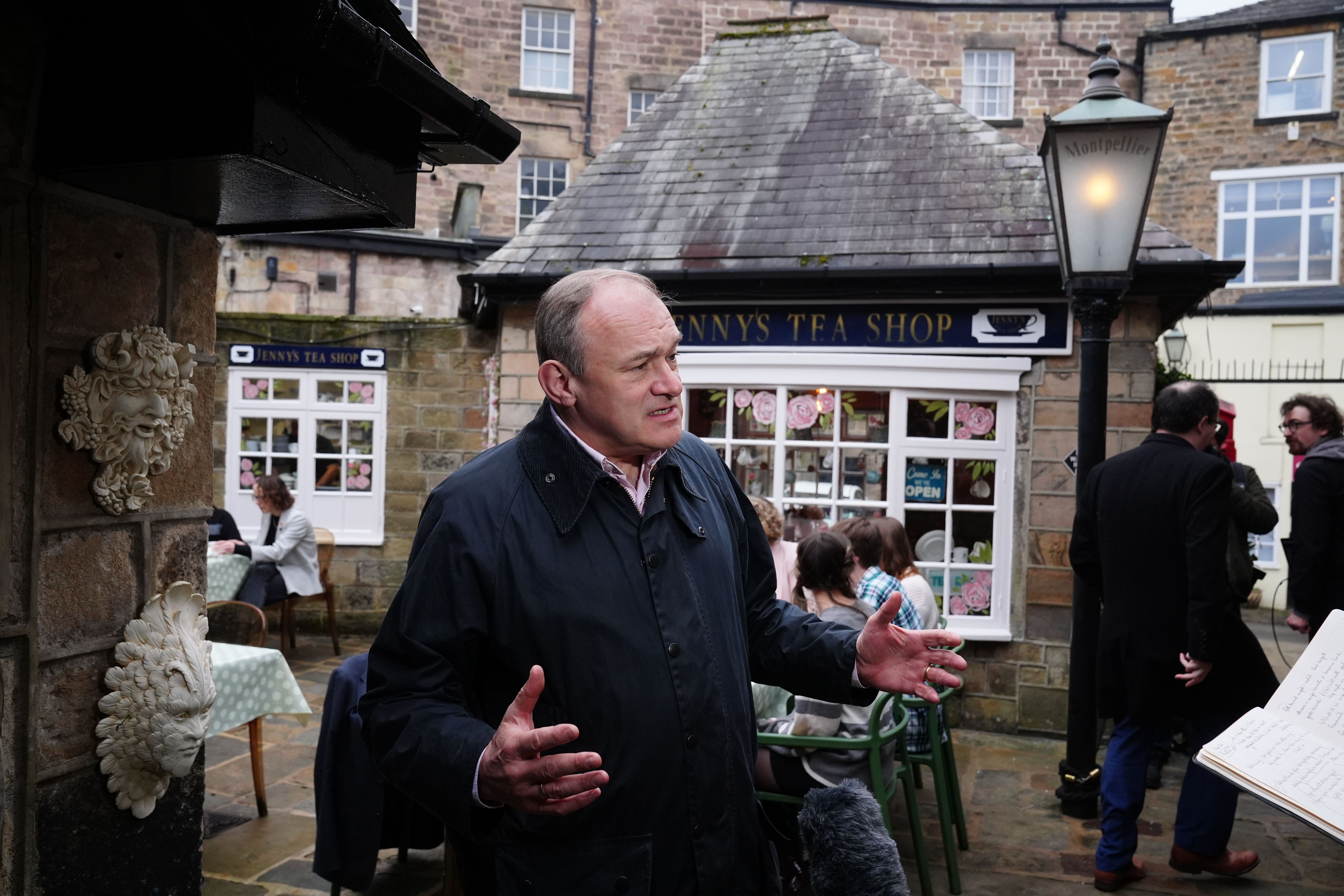
But one of Britain’s leading trade experts believes that if Mr Trump goes ahead with his round of tariffs on Wednesday it will result in a major geo-political shift.
Marco Forgione, director general at the Chartered Institute of Export and International Trade, has suggested that it will result in major Western democracies turning their backs on the US and working more closely together.
He told The Independent: “There is going to be a geo-political shift with Canada, EU, UK and Australia forming a closer trading partnership.
“That means the development of either a formal or informal collaboration. It won’t replace the US market but certainly regarding commodities could establish a new collaborative trading community.”
It was an issue picked up by Lib Dem leader Sir Ed Davey. He said: “We have to stand tall with our allies in Canada and Europe against Trump’s tariffs and show that Britain will not be bullied. That means preparing potential tariffs including on Elon Musk’s Teslas, and urgently negotiating a better trade deal with the EU.”
The shift fits into the UK’s current membership of the Comprehensive and Progressive Agreement for Trans-Pacific Partnership, of which Canada and Australia are already members, as is Japan.
And it would also potentially help Sir Keir with his Brexit reset talks with the EU.
Chris Southworth, secretary general of the International Chamber of Commerce United Kingdom (ICC United Kingdom), said: “Businesses need certainty to operate, to plan, to invest. If demand for these slows it will certainly impact production, which will then impact jobs and have a ripple effect through the supply chain.
“It’s very difficult if not impossible to mitigate the impact of tariffs once they come into force, especially if every country retaliates. Unwinding the tariffs once in place will require a tremendous amount of diplomatic effort, all of which diverts resources away from where they should be on working together to solve the issues we all face as a global community.”
Tory shadow trade secretary Andrew Griffith MP said: “This news is potentially a hammer blow not just to British businesses and workers but to his own chancellor whose creative accounting at the emergency Budget [spring statement] fails to include the impact of tariffs.”

